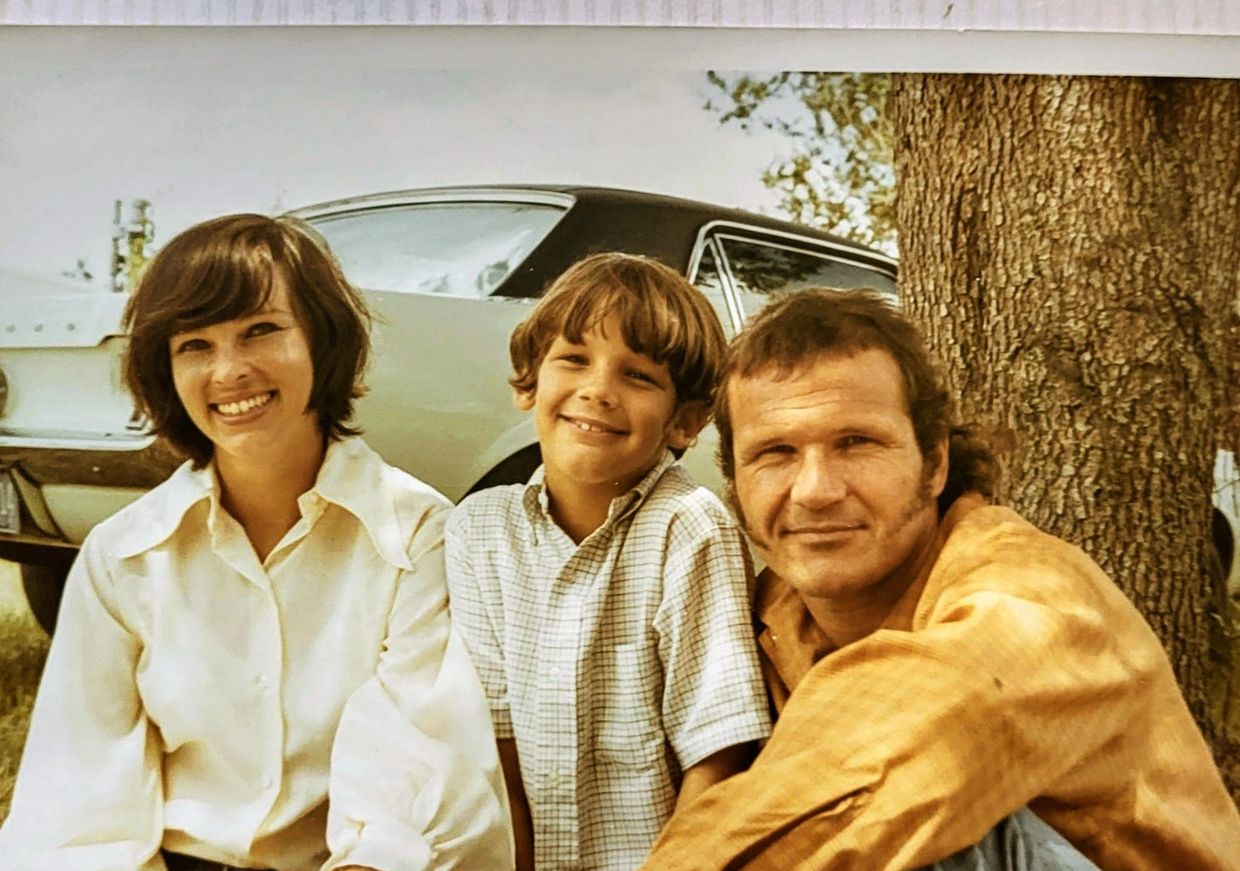Music is Life's Blood🩸
freak in the Maze
A picture is a secret about a secret.
The more it tells you, the less you know.
― Diane Arbus
Music is Life's Blood🩸
A picture is a secret about a secret.
The more it tells you, the less you know.
― Diane Arbus

Dedicated to the bright flashing memory of John Eric Bingham.
I'll meet you at the top of the mountain, Brother.
For Dr. Martin Luther King

PRAISE 2026
“Flannery O’Connor on steroids.”
—John Williams, GQ
“I don’t know where [Harry Crews’s] narrative magic comes from, but it is firmly there.”
—Joseph Heller,
author of novels, short stories, plays, and screenplays. His best-known work is the 1961 novel Catch-22, a satire on war and bureaucracy, whose title has become a synonym for an absurd or contradictory choice
💫
HARRY CREWS @ PENGUIN CLASSICS
“A bona fide Southern writer in the vein of Flannery O’Connor, whose unvarnished language and absurdist take on life among the lower rungs of the region’s social ladder [is] shot through with a rough-and-tumble kind of empathy; it was with great pleasure that I spent last weekend reading The Gospel Singer; a darkly funny tragedy. The world he writes about is violent and ruthless. But there’s a point to Crews’ madness, and always present is a throughline of empathy.”
—Atlanta Journal Constitution
The brilliant phantasmagorical debut from Crews (Feast of Snakes), originally published in 1968, established Crews as an original new American voice, the novel hailed as a masterwork by Erskine Caldwell. Crews’ poetic and bitterly humorous prose and a minutely observed dialect show how he earned his reputation as The Godfather of “Dirty South” writers, the King of Grit Lit. This dark searing satire stands as spiritual heir of Dickens, Voltaire and Swift.
— Publishers Weekly
An inductee of the Georgia writer's Hall of Fame and recipient of numerous literary honors, Harry Crews was named Georgia Author of the Year for fiction in 1969 for The Gospel Singer.
🎬 VIEW 🎬
HARRY CREWS FILM DOCUMENTARY
LINK BELOW:
UNC-TV Arts
The Rough South of Harry Crews
Special | 53m 54s |
Rough South - Episode 102:
Author Harry Crews discusses his heartrending childhood in Bacon County Georgia, the nature of violence, and what it means to be a writer in this Emmy-winning documentary.
Aired: 09/06/92 Rating: NR
https://www.pbs.org/video/unc-tv-presents-rough-south-harry-crews/

PRAISE 2026
“Reading Crews, I found the courage to tell the stories I’d been amassing my whole life.”
— Mary Karr,
author of the critically-acclaimed and New York Times best-selling memoirs The Liars' Club, Cherry, and Lit, as well as the Art of Memoir, and five poetry collections, most recently Tropic of Squalor
“This [Crews'] memoir is for everyone. It’s agile, honest and built as if to last. Like its author, it’s a resilient American original.”
— Dwight Garner, The New York Times
💫
HARRY CREWS @ PENGUIN CLASSICS https://www.penguinrandomhouse.com/books/623366/a-childhood-by-harry-crews-foreword-by-tobias-wolff/9780143135333/
"The memoir is flawless, one of the finest ever written by an American; [it] answers some specific questions, namely where its author came from and how he became a writer, but it asks broader ones, too: why anyone becomes anything, how we square our pasts with our futures, and why certain things—a book, its author—are rescued from oblivion.”
— Casey Cep, The New Yorker
“Critics and awards anoint some authors as legends. Others depend on word-of-mouth and prose that stands the test of time. There is nothing folksy, never mind pastoral or genteel, about Crews. With caustic and fabulist writing, he exhumed the ghosts of America’s original sin. Crews captured the raw essence of humanity in both fiction and nonfiction. Side by side, these [Penguin] reissues form the complete picture of an imperfect man who charged hard into extremes to confront his cultural inheritance.”
— Lauren Leblanc, Los Angeles Times
“Of all of Crews’ magnificent output, it is A Childhood: The Biography of a Place, first published in 1978 that is the most memorable and is written in a language that will sear the mind and memory. There are startlingly wild scenes written with hair-raising power.
This review cannot begin to capture the power of the writing of Harry Crews nor the essence of this portrait of the life of a sharecropping family in the Great Depression.
All that can be said is, read it.
The power of the written word will never be made more clear.”
— New York Journal of Books
